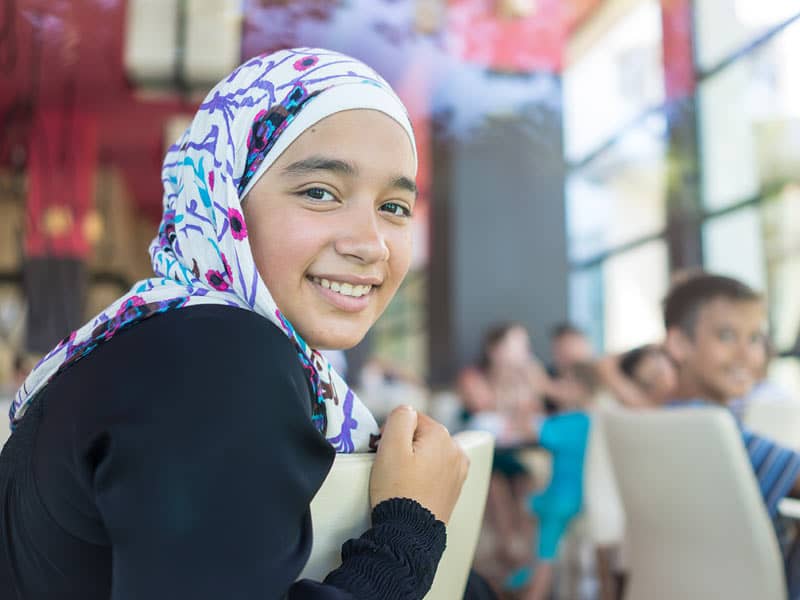He will fulfill his religious duty by handing cash directly to a needy family, as will many other American Muslims at a time when federal investigators are targeting U.S.-based Islamic charities in the hunt for terrorists.
``People are so scared that they don't know what to do,'' said Abdullah, of Herndon, Va.
Islam requires its followers to give 2.5 percent of their income and savings to the poor annually, and many do so during Ramadan. But since the Sept. 11 attacks, the federal government has frozen the assets of three major Muslim nonprofits on suspicion of links with terrorism: the Holy Land Foundation of Richardson, Texas, and Benevolence International Foundation and Global Relief Foundation, both in the Chicago area.
Other Muslim charities, which feel they've been unfairly tarred by association, have seen a significant drop in donations. That has only heightened the importance of their Ramadan collections this year.
``Two-thirds of our funds come from this month,'' said Muhammad Rahman, head of the New York-based international relief arm of the Islamic Circle of North America. ``If we don't make it, that means next year will be a very tough time.''
In Islam, the start of the holy month is based on a lunar calendar and requires visual sightings of the new crescent moon. This year, it is expected to fall around next Wednesday. It is the most important time of the year for Muslims, and also the period when Islamic charities launch their biggest fund-raising campaigns.
A group of Muslim leaders met with President Bush in September, urging him to take some action so American Muslims feel safer making donations - a practice referred to in Islam as zakat, which is one of the five pillars of the faith. U.S. Muslim leaders are lobbying for a federal auditing system for Islamic charities, so investigators and donors can feel confident that no money goes to groups thought to have terrorist ties.
Without such safeguards, many Muslims fear that sending checks to their favorite humanitarian organizations will inadvertently make them suspects in the eyes of law enforcement.
Ismat Hamid, an industrial pharmacist from Ann Arbor, Mich., said many Muslims in his community plan to change the way they donate this year, although he will not. He will send money to U.S.-based Muslim humanitarian groups that help children in his native Iraq.
Mercy USA for Aid and Development, an international humanitarian organization founded by American Muslims, is attempting to address such concerns. The Michigan nonprofit posted a statement on its Web site noting it works with the U.S. Agriculture Department, and has enclosed similar statements in its direct mail fund-raising campaigns.
The group collects as much as 30 percent of its private donations for the year during Ramadan. Umar al-Quadi, Mercy's chief executive, said giving is down due to the slow economy and donor fear.
``People generally are scared,'' al-Quadi said.
Rahman, whose organization is known as ICNA Relief-Helping Hand, said donations to his group have dropped by about one-third due to concern about government investigations. He already has been forced to cut back his program to help poor people in the United States cover expenses for rent and food.
``We are trying the campaign the same way we did last time,'' Rahman said of his organization's holiday appeal. ``But, the point is, people totally shy away.''
Altaf Bukhari, a Muslim and civil engineer in Tampa, Fla., used to donate to Global Relief and said he has received solicitations from them to help defray their defense costs in their legal battle with the government. He hasn't sent any money so far, even though he has been upset by news reports about surveillance of Muslims in the United States.
For his Ramadan donation, he plans to collect money for an ambulance that will be used to help refugees in his native India, possibly by sending the money directly to a group in that country.
``Our intention is to only make sure that the right people get the money,'' Bukhari said.
Hamid said he understands the fears of American Muslims in the current climate, but he wishes they would not be cowed into burying their ties to their faith community.
``I feel we have nothing to hide,'' he said. ``We are faithful to this country. We are loyal to this country.''

